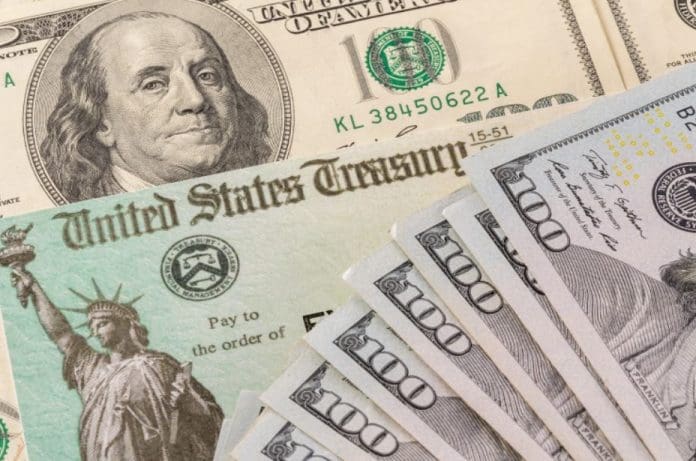Stimulus Check demands are still going strong even after almost a year of its inception. If you’ve been following the news lately, you might have noticed a recurring theme: People are talking about another round of stimulus payments.
According to several sources, Democrats and other advocates recently began pushing the idea of ongoing monthly payments, which they argue are needed to bolster households and businesses through the economic crisis brought on by the COVID-19 pandemic.
The idea was reportedly discussed at a White House meeting with President Biden and congressional leaders earlier this month. A $ 1,400-per-person check-up from $600 in the last stimulus bill — is by far the most popular provision of the relief package according to polls.
Still, some critics say that another round of stimulus checks would do little to help struggling Americans while adding billions more dollars to our already massive national debt.
“We need a whole-of-government approach that includes recurring stimulus check,” said one critic who spoke on condition of anonymity because his office has not yet made public comments about this issue.”
A stimulus check is a one-time payment from the government to individuals or businesses. Recurring payments are regular, ongoing payments from the government to individuals or businesses.
Stimulus Check: Citizens Expecting More Money
Recurring payments are necessary for a variety of reasons. From an economic standpoint, recurring payments help bolster the economy through consumer spending and business investment.
Additionally, they can be used to alleviate financial struggles during times when employment opportunities are scarce and wages aren’t meeting basic needs like food and housing costs—which is exactly what we’re experiencing right now due to COVID-19 pandemic’s effect on our workforce as well as our GDP (gross domestic product).
The amount of each recurring payment will vary depending on your household income level but generally fall between $50-$300 per month depending on how many people live in your house hold.
“The meeting was in mid-April,” said a senior White House official. “It was something that had been discussed and not endorsed by either [the Office of Management and Budget] or Treasury.”
At the meeting, according to participants, there were no proposals about how much money such a plan would raise, or how it would be distributed among the various agencies whose budgets have been slashed.
Participants described the discussion as preliminary but said they were surprised by how quickly it moved forward after being raised at this week’s White House gathering.






